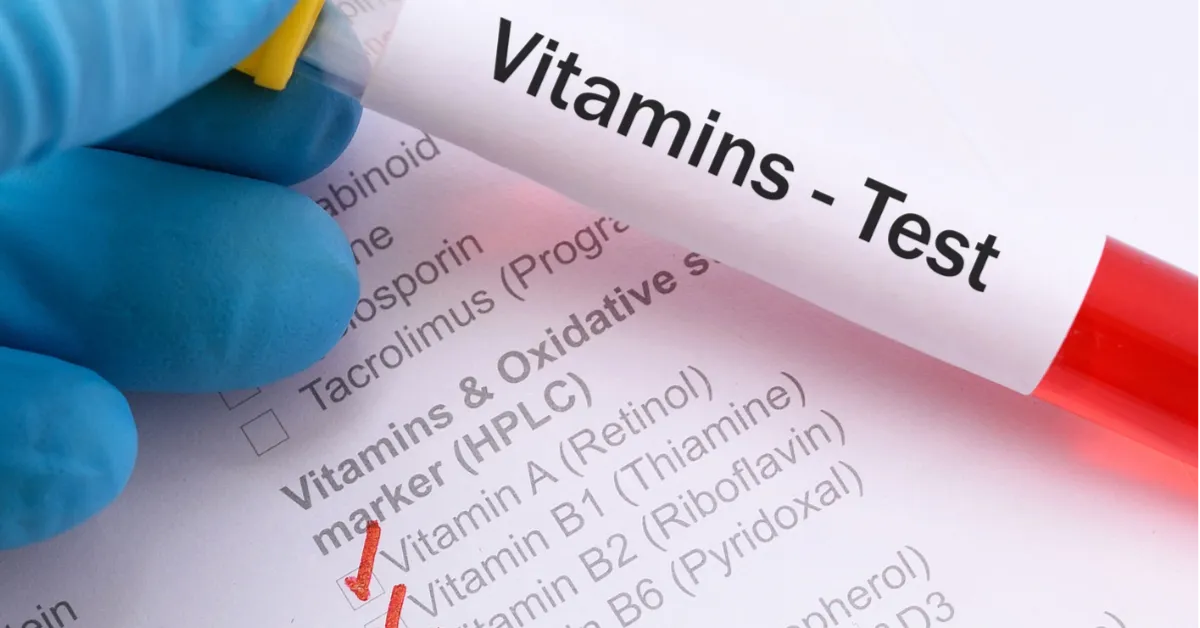EFSA Guidance on Vitamin K in Fortified Foods
The European Food Safety Authority (EFSA) has provided comprehensive guidance on the use of vitamin K in fortified foods. This regulation is crucial for ensuring that fortification practices are safe and effective, while also addressing any potential health risks associated with high doses or incorrect formulations.
Vitamin K is an essential nutrient involved in blood coagulation as well as bone metabolism. It exists in two forms: phylloquinone (vitamin K1), which is found primarily in plants, and menaquinones (vitamin K2), which are mainly produced by gut bacteria or present in animal products. The EFSA’s guidance specifically targets the use of vitamin K fortification to enhance the nutritional value of food products.
The regulation stipulates that any fortified food product containing vitamin K must adhere strictly to the defined daily intake (DDI) levels specified by EFSA. For instance, the DDI for phylloquinone in adults is set at 120 μg per day. The guidance also emphasizes the importance of accurate labeling and clear communication with consumers regarding the fortification process.
Compliance with these guidelines ensures that fortified foods meet both regulatory standards and consumer expectations, fostering trust in the market. Non-compliance can lead to legal penalties and damage to brand reputation. Therefore, it is imperative for food manufacturers to stay informed about ongoing changes in EFSA recommendations and implement necessary adjustments promptly.
In addition to the DDI levels, the guidance covers aspects such as the stability of vitamin K during processing and storage conditions, interaction with other nutrients, potential allergens, and the impact on different age groups. Manufacturers must ensure that their products not only meet these criteria but also provide consistent results across various batches.
The implementation of robust quality control measures is essential to monitor compliance continuously. This includes regular testing using validated methods, such as high-performance liquid chromatography (HPLC), which allows for precise quantification of vitamin K content in fortified foods. Such tests are crucial not only for regulatory purposes but also for maintaining product integrity and consumer safety.
For research and development teams within food manufacturing companies, staying updated on EFSA’s guidance is vital. This information helps in designing innovative products that meet current nutritional standards while being cost-effective and sustainable. Compliance with these guidelines can also open up new markets or niche segments where fortified foods are particularly beneficial.
Understanding the implications of this regulation extends beyond compliance; it also involves strategic decisions about product formulations, sourcing materials, and marketing strategies. By adhering to EFSA’s recommendations, companies can position themselves as leaders in responsible and innovative food production practices.
Why It Matters
The regulation concerning vitamin K fortification is significant because it ensures public health by preventing the occurrence of deficiencies or overconsumption risks. Deficiencies can lead to issues like bone fractures and impaired blood clotting, while excessive intake might cause adverse effects such as calcification of soft tissues.
From a business perspective, compliance with EFSA’s guidance is vital for several reasons:
- Avoids Legal Penalties: Non-compliance can result in hefty fines and sanctions from regulatory bodies.
- Maintains Brand Reputation: Adherence to strict standards enhances consumer trust and loyalty.
- Promotes Innovation: Keeping abreast of current guidelines allows companies to innovate responsibly within the framework set by authorities.
- Expands Market Opportunities: Meeting regulatory expectations can unlock new markets or segments where fortified foods are particularly beneficial.
Benefits
- Ensures that fortified products meet stringent safety and efficacy criteria set by EFSA.
- Promotes consumer confidence through transparent labeling and accurate nutrient claims.
- Facilitates compliance with international standards, broadening export opportunities.
- Supports sustainable development goals by promoting healthy eating habits.





